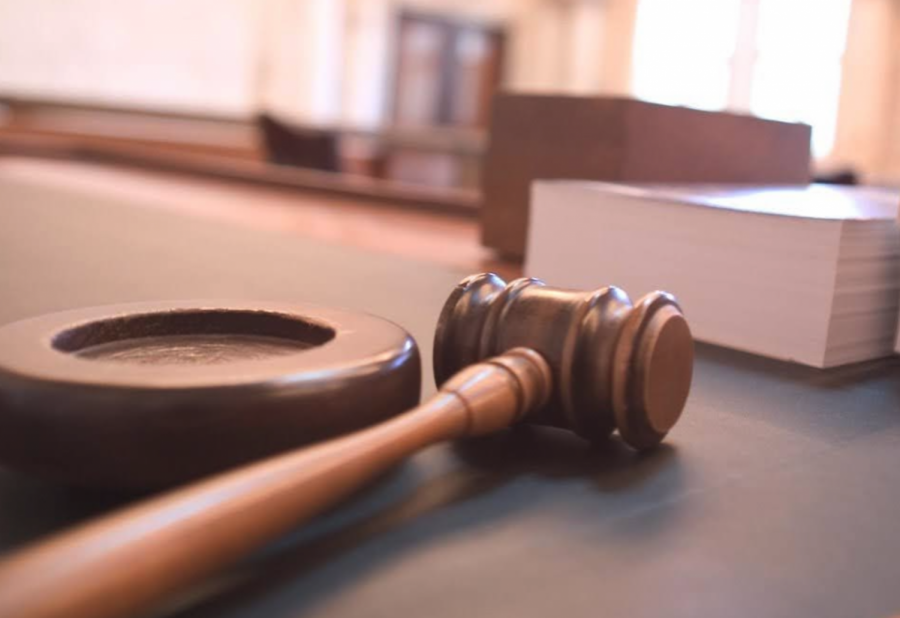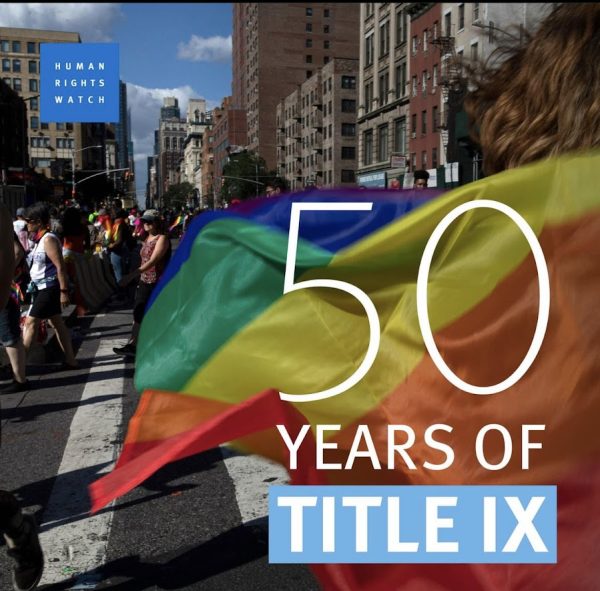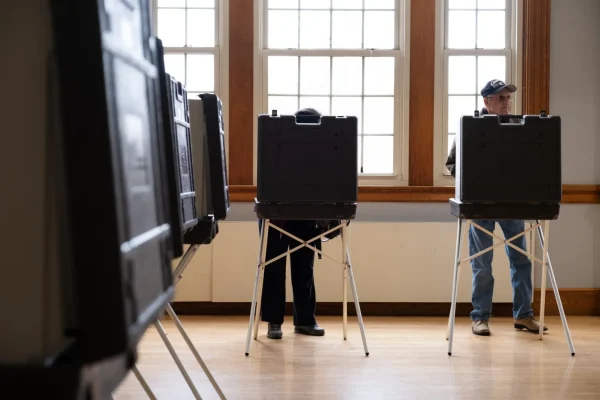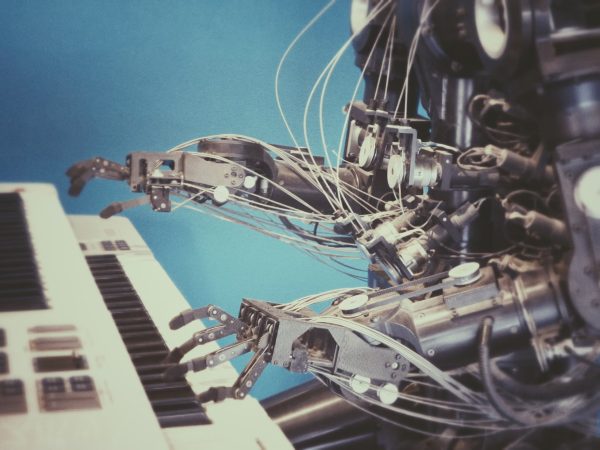Derek Chauvin’s trial: What you need to know
Derek Chauvin, the police officer being charged for the murder of George Floyd, began his trial on March 29. Chauvin is being tried for second-degree murder, third-degree murder and manslaughter. The trial is expected to last 2-4 weeks and is leaving millions awaiting an outcome.
After Chauvin killed Floyd by holding his knee on Floyd’s neck for over nine minutes, global protests ensued, calling for police reform and a reallocation of police funding.
Chauvin, who is pleading not guilty, is being tried along with three other police officers. Police Chief Medaria Arradondo has been on the stand and according to Jerry Blackwell, a prosecutor, Arradondo “will be very decisive: that this was excessive force.”
Chief Arradondo was decisive, saying that Chauvin’s actions are “not part of our training. And it is certainly not part of our ethics or our values.” This testimony directly opposes Chauvin’s defense of acting within use-of-force guidance.
The longest-serving officer in the police department, Lt. Richard Zimmerman, said that Chauvin’s use of force was “totally unnecessary.”
Other officers have also testified against Chauvin, which is a critical development in the case. Zimmerman, the leader of the police department’s homicide unit, said that the use of excessive force violated the department’s policies, according to the New York Times.
Aside from police testimonies, there have been multiple civilian testimonies, including one from Floyd’s girlfriend, Courteney Ross.
Ross spoke on her relationship with Floyd, how they met and their struggles with opioid addiction. “Addiction is a lifelong struggle,” Ross said. “It’s something I’ll deal with forever.”
Ross gave other stories about their relationship and told the court about when they met, and when Floyd was a security guard.
Witnesses from the scene also testified at the trial. One of them was a 9-year-old girl, who spoke about what she saw.
“I was sad and kind of mad… it felt like he was stopping his breathing, and it was kind of like hurting him.”
Three other high school students testified at the trial; Darnella Frazier, who recorded the event, was one of them. She reflected on the event while testifying.
“I have a Black father,” she said. “I have a Black brother. I have Black friends… I look at how that could have been one of them.” Frazier has been recognized around the world for her decision to record the event, but still recalls wishing that she did more to save Floyd’s life.
In addition to Frazier’s testimony was Donald Wynn Williams II, an MMA fighter who called the police when he witnessed the scene, saying, “I believe I witnessed a murder.”
Williams wasn’t the only one who called the police; a firefighter named Genevieve Hansen also witnessed the scene while on a walk, saying that she wanted to help, but the officers refused her plea to check for a pulse.
Among the other witnesses who took the stand at the trial was Christopher Martin, the Cup Foods employee who reported Floyd’s use of a counterfeit $20 bill, leading another worker to call the police.
He recounted the event, including recognizing the counterfeit bill, reporting it to his manager, and being told to bring Floyd back inside the store. After Floyd refused, Martin’s manager told another worker to call the police.
Martin reflected, saying “If I would have just not taken the bill, this could have been avoided.” This case is still an area of uncertainty; however, a majority of police brutality cases result in the police officer being found not guilty.
As this case is still in development, more information is to come regarding police testimony and potential witnesses. Until a verdict has been reached, the nation is left to wait.









